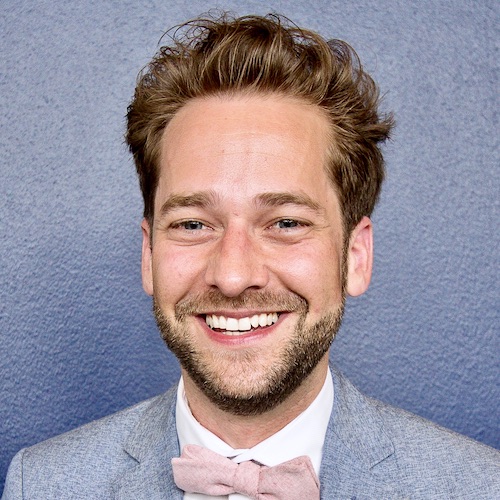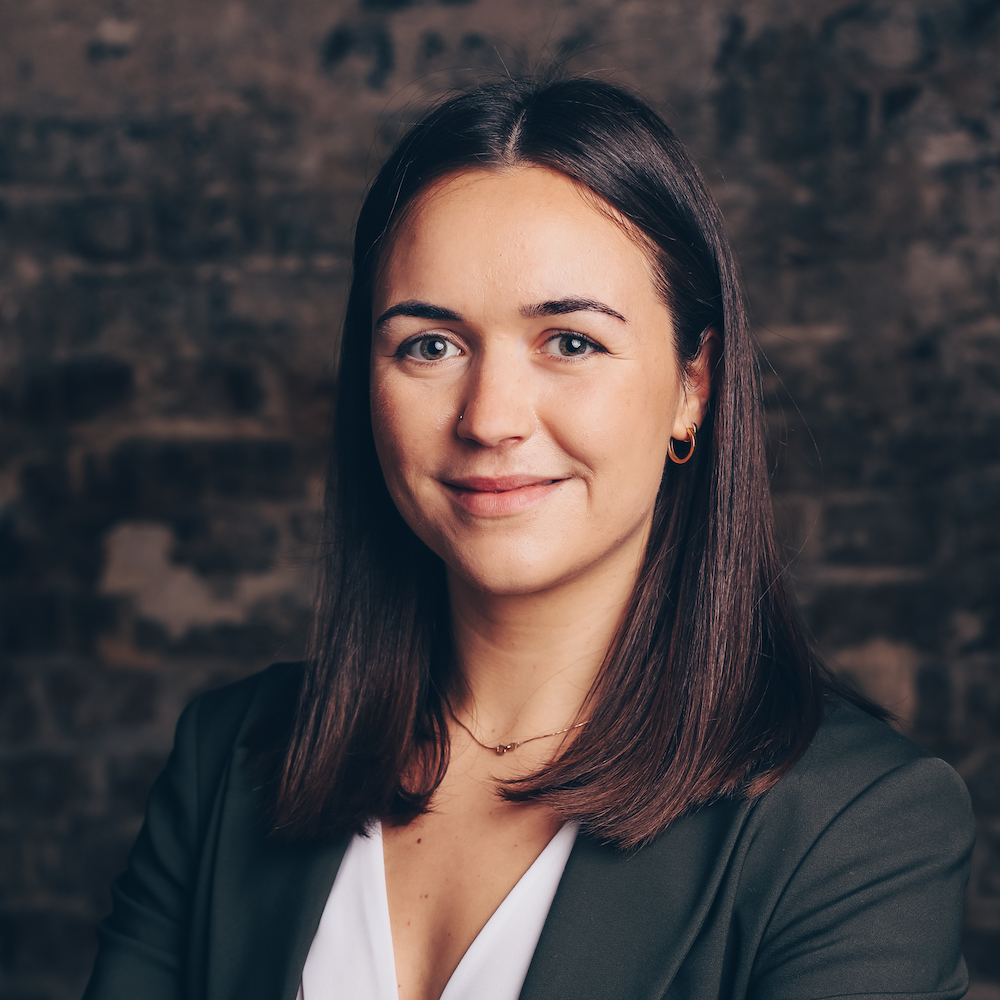November 7–8 2023, online.
Supported by






Functional Causal Bayesian Optimization
Limor Gultchin (University of Oxford,), Virginia Aglietti (Google DeepMind)*, Alexis Bellot (Google DeepMind), Silvia Chiappa (Google DeepMind)
Policy Learning for Many Outcomes of Interest: Combining Optimal Policy Trees with Multi-objective Bayesian Optimisation
Patrick Rehill (Australian National University)*
Price Elasticity Estimation using Image and Text Data
Victor Chernozhukov (MIT), Sven Klaassen (University of Hamburg), Martin Spindler (University of Hamburg), and Jan Teichert-Kluge (University of Hamburg)*
Data-Driven Investment Decisions for Venture Capital: A Causal Machine Learning Approach
Abdurahman Maarouf (LMU Munich)*, Jonas Schweisthal (LMU Munich), Stefan Feuerriegel (LMU Munich)
Break
Overcoming Organizational Challenges for Causal Inference Adoption at Dream11
Namita Porwal (Dream11)*, Vinod Reddy (Dream11)
Implementing Causal AI in Industry: Organisational Challenges and Best Practices
Hendrik Jacobsen (Schwäbische Werkzeugmaschinen GmbH)*
Bridging the Gap Between Predictive Performance and Decision Making: Inverse Probability Weighting for Accuracy Estimation
Mones Raslan (Zalando SE)*, Stefan Birr (Zalando SE), Patrick Doupe (Zalando SE), Tim Januschowski (Zalando SE)
Leveraging Causal Uplift Modeling for Budget Constrained Benefits Allocation
Dmitri Goldenberg (Booking.com)*
Break
Not Causal or Descriptive But Some Secret, Other Thing: Entropy as a Criterion for Causal Learning
Robert Kubinec (New York University Abu Dhabi)
Engagement Dynamics in mHealth
Yikun Jiang (University of California, Berkeley), Kosuke Uetake (Yale University), Nathan Yang (Cornell University)*
Dynamic Pricing in B2B Markets
Alexander MacKay (Harvard Business School), Menna Hassan (Harvard Business School)*, Rembrand Koning (Harvard Business School)
Neuro-Causal Models
Bryon Aragam (University of Chicago)*, Pradeep Ravikumar (Carnegie Mellon University)
Break
Policy Learning under Biased Sample Selection
Lihua Lei (Stanford University), Rashni Sahoo (Stanford University)*, Stefan Wager (Stanford University)
Evaluating Instrument Validity Using the Principle of Independent Mechanism
Patrick F. Burauel (Caltech)*
Model-Agnostic Covariate-Assisted Inference on Partially Identified Causal Effects
Wenlong Ji (Stanford University), Lihua Lei (Stanford University), Asher Spector (Stanford University)*
Causally Sound Priors for Binary Experiments
Nicholas J. Irons (University of Washington), Carlos Cinelli (University of Washington)*
Break
Keynote
Finding Root Causes via Decomposing Complex Systems into Mechanisms
Dominik Janzing (Amazon Research)
Causally Learning an Optimal Rework Policy
Oliver Schacht (University of Hamburg)*, Sven Klaassen (University of Hamburg & Economic AI), Philipp Schwarz (University of Hamburg & OSRAM), Martin Spindler (University of Hamburg & Economic AI), Daniel Gruenbaum (OSRAM), Sebastian Imhof (OSRAM)
The Perks and Perils of Machine Learning in Business Research
Tom Dudda (Dresden University of Technology)*, Lars Hornuf (Dresden University of Technology)
Additive Causal Bandits with Unknown Graph
Alan Malek (Google DeepMind)*, Virginia Aglietti (Google DeepMind), Silvia Chiappa (Google DeepMind)
RCTrep: An R Package for the Validation of Estimates of the Average Treatment Effect
Lingjie Shen (Tilburg University)*, Gijs Geleijnse (IKNL), Maurits Kaptein (JADS)
Break
Transportability for Bandits with Data from Different Environments
Alexis Bellot (Google DeepMind)*, Alan Malek (Google DeepMind), Silvia Chiappa (Google DeepMind)
Identifying Dynamic LATEs with a Static Instrument
Bruno Ferman (Sao Paulo School of Economics), Otávio Tecchio (Sao Paulo School of Economics)*
When Is Heterogeneity Useless? An Analysis of Targeting Potential in Studies with Multiple Arms
Anya Shchetkina (University of Pennsylvania, Wharton)*, Ron Berman (University of Pennsylvania, Wharton)
Causal Theories and Structural Data Representations for Improving Out-of-Distribution Classification
Donald Martin (Google Research), David Kinney (Yale University)*
Break
Identification and Estimation of Discrete Choice Models with Spillovers Using Partial Network Data
Shuo Qi (Southern Methodist University)*
Causal Scoring: A Framework for Effect Estimation, Effect Ordering, and Effect Classification
Carlos Fernández-Loría (Hong Kong University of Science and Technology)*, Jorge Loría (Purdue University)
Fixed Effects and Causal Inference
Daniel Millimet (Southern Methodist University & IZA), Marc Bellemare (University of Minnesota)*
Poisson Regression Under Heterogeneous Treatment Effects
Georgy Kalashnov (Stanford University)*, Lihua Lei (Stanford University)
Break
Special: Large Language Models & Causality
Causal Reasoning and LLMs: A New Frontier
Emre Kıcıman (Microsoft Research)*, Robert Ness (Microsoft Research), Amit Sharma (Microsoft Research), Chenhao Tan (University of Chicago)
Causal Parrots: Large Language Models May Talk Causality But Are Not Causal
Matej Zečević (TU Darmstadt)*, Moritz Willig (TU Darmstadt), Devendra Singh Dhami (TU Darmstadt), Kristian Kersting (TU Darmstadt)
Can Large Language Models Infer Causation from Correlation?
Zhijing Jin (Max Planck Institute for Intelligent Systems)*, Jiarui Liu (University of Michigan), Zhiheng Lyu (University of Hong Kong), Spencer Poff (Meta AI), Mrinmaya Sachan (ETH Zürich), Rada Mihalcea (University of Michigan), Mona Diab (Meta AI), Bernhard Schölkopf (Max Planck Institute for Intelligent Systems)
Emergent World Representations: Exploring a Sequence Model Trained on a Synthetic Task
Kenneth Li (Harvard University), Aspen Hopkins (MIT), David Bau (Northeastern University), Fernanda Viégas (Harvard University), Hanspeter Pfister (Harvard University), Martin Wattenberg (Harvard University)
Break
Industry Roundtable
Panel 1: Experimentation and A/B Testing
Amit K. Mondal (American Express)
Benjamin Skrainka (eBay)
Iavor I. Bojinov (Harvard Business School)
Somit Gupta (Microsoft)
Panel 2: From Causal Science to Prescriptive Intelligence
Patrick Doupe (Zalando)
Thomas Baudel (IBM)
Victor Lo (Fidelity Investments)
Hosts: Victor Zitian Chen and Scott Macmillan (Fidelity Investments)

Dominik Janzing is a principal research scientist with Amazon Research. He studied physics in Tübingen (Germany) and Cork (Ireland) and received a Ph.D. in mathematics from the Unversity of Tübingen in 1998. From 1998-2006 he was a postdoc and senior scientist at the Computer Science department of the University of Karlsruhe (TH) where he worked on quantum thermodynamics, quantum control, as well as quantum complexity theory and its physical foundations. In 2006 he received his teaching permission (Habilitation) from the Computer Science Department at Universität Karlsruhe (now "Karlsruhe Institute of Technology (KIT)"). Before joining Amazon, he worked as a senior scientist at the Max Planck Institute for Biological Cybernetics in Tübingen, where he founded the group causal inference together with Bernhard Schölkopf.
“It's still a small fraction of papers that refer to causality, but it is increasing. If you look at the long-term trend, it's clearly increasing, and I strongly believe that this trend will continue for a while.” – Amazon Research
Explore cutting-edge methodologies and engage in discussions about the role and impact of causality in machine learning.
Bridge the gap between theory and practice by exploring real-world applications of causal data science.
Understand the role of causality for fairness, robustness, and discrimination in policy-making.
Image: ID 241391100 © Evgeny Turaev | Dreamstime.com
The Causal Data Science Meeting was founded in 2020 and thought as as a small-scale workshop for 50 attendees. However, already in its first year, CDSM received an overwhelming response of 900 pre-registrations, which encouraged us to continue the event annually. We aim to create a friendly, efficient, and constructive environment for academics and practitioners to exchange ideas on all causality-related topics in data science and machine learning. We strive to maintain transparency in our non-profit goal and use all sponsorships received to cover smaller expenses and PhD research.
Participants since 2020
Accepted presentations

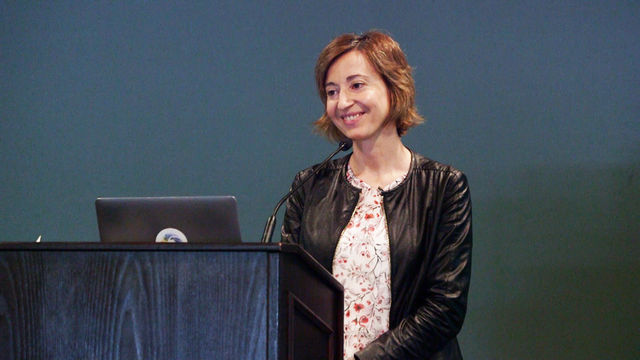

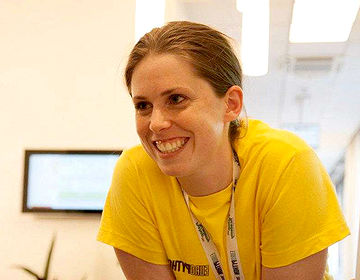

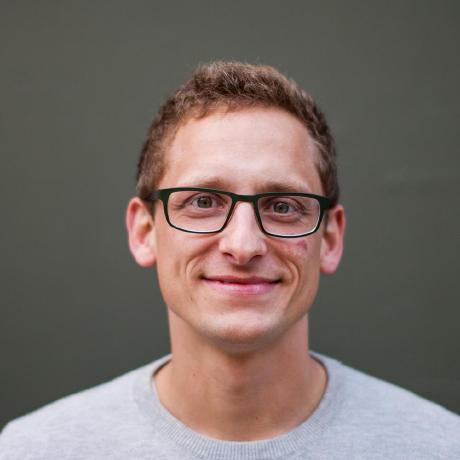

causaLens
causaLens is the pioneer of Causal AI—a giant leap in machine intelligence. Today’s machine learning algorithms extract correlations from data and predict outcomes based on patterns in past data. Correlations are useful for making predictions, but they’re of little use for decisions. Causal AI goes beyond predictions by understanding the actual causes behind an outcome and quantifying the impact of different interventions. It is the only form of machine intelligence that can answer “Why?”. causaLens builds Causal AI-powered products that empower all users to make superior decisions and drive business value. Leading organisations across a wide range of industries trust causaLens with their most important decisions.
Open Positions
Machine Learning Engineer
Pre-Sales Applied Data Scientist
Xplain Data
Xplain Data GmbH focuses on the development of innovative technologies in the field of Causal AI. Xplain Data algorithms enable companies in all industries to identify the few, potentially causal relationships in their "real world data" that are hidden behind a plethora of trivial correlations. Users can leverage this cause-and-effect knowledge to intervene in their business processes to eliminate the causes of errors or achieve a desired effect. Xplain Data customers include leading enterprises in the mechanical engineering, manufacturing, and healthcare sectors, which use the technology not only for sophisticated data analyses but also for predictive maintenance and yield optimization.
Open Positions
Senior Data Scientist
Web Developer / Q&A Specialist

